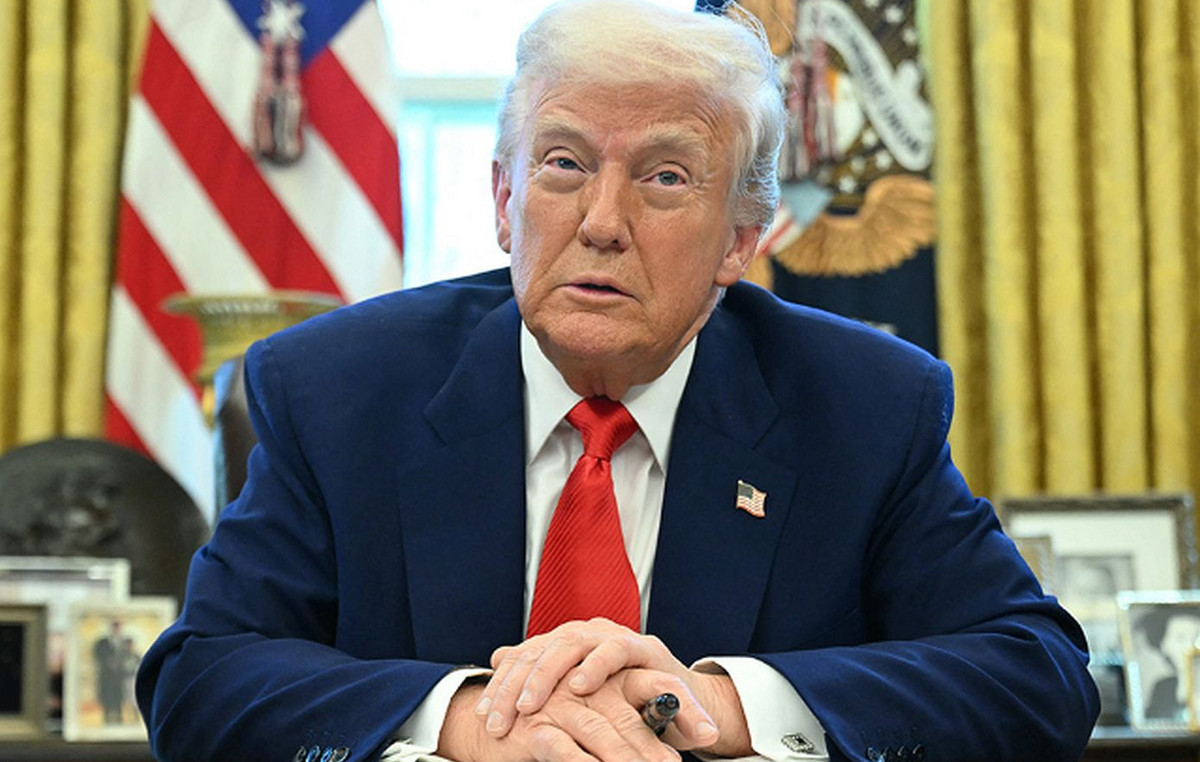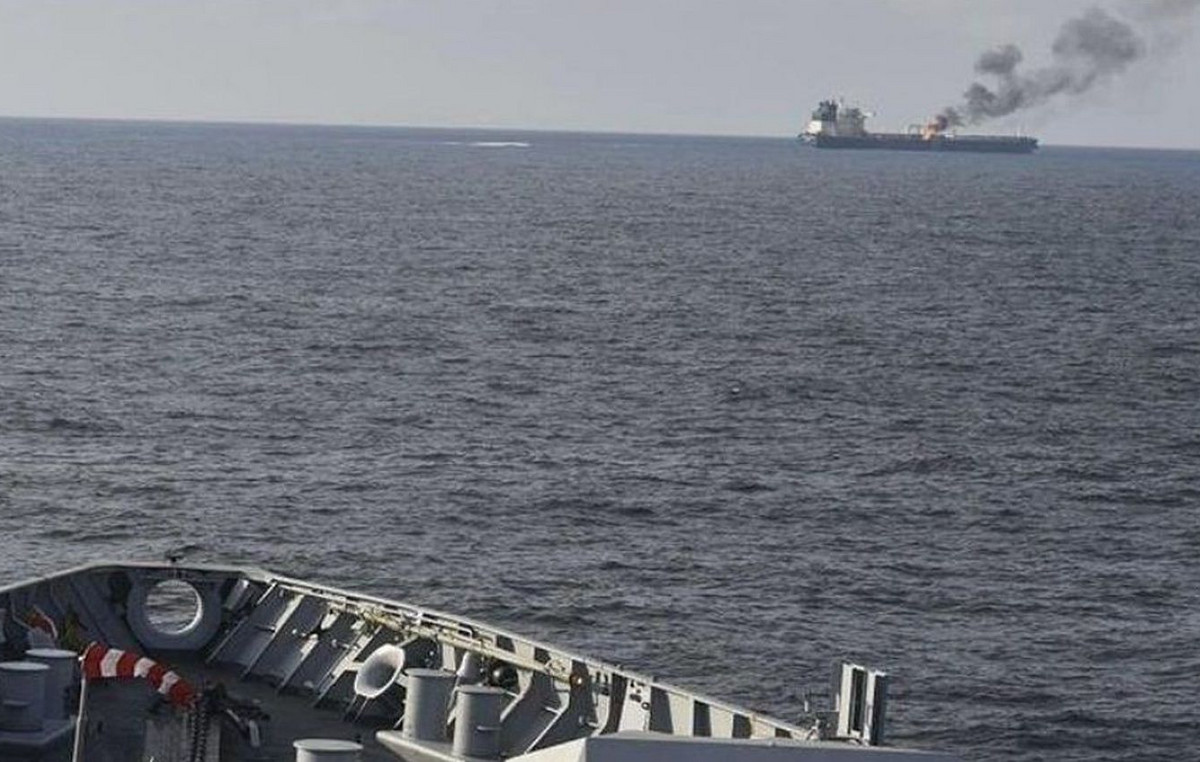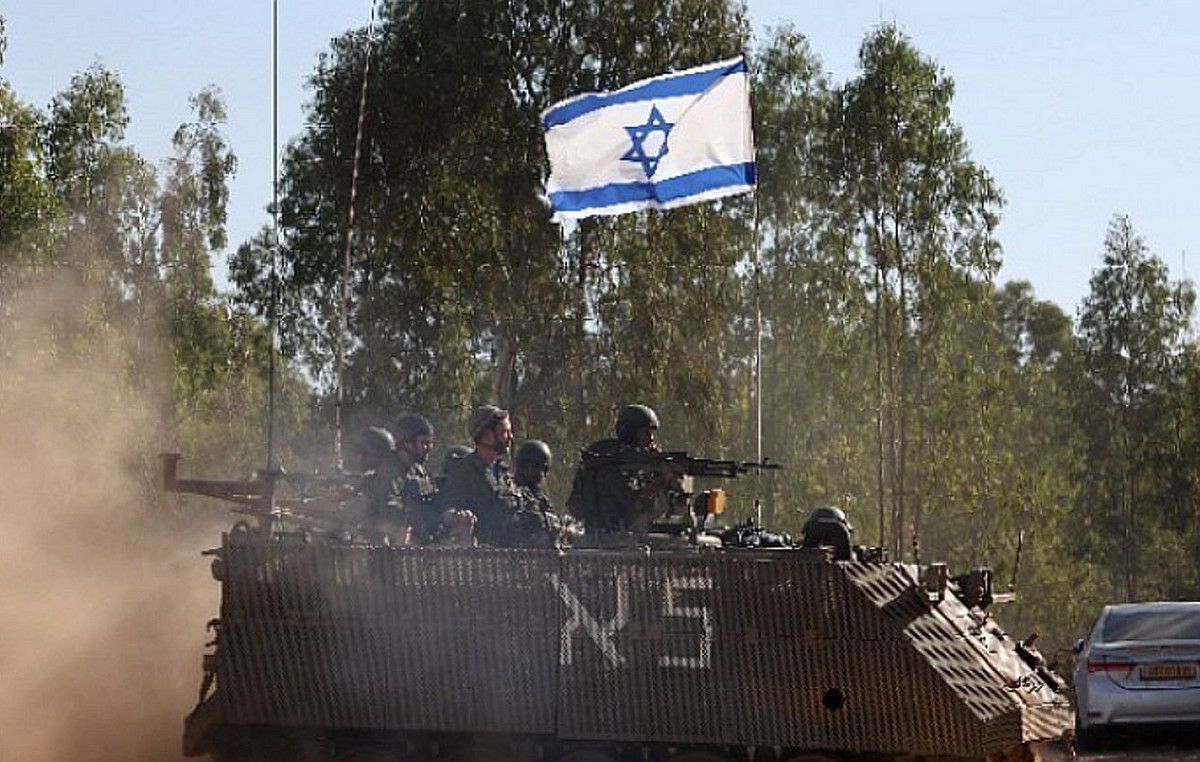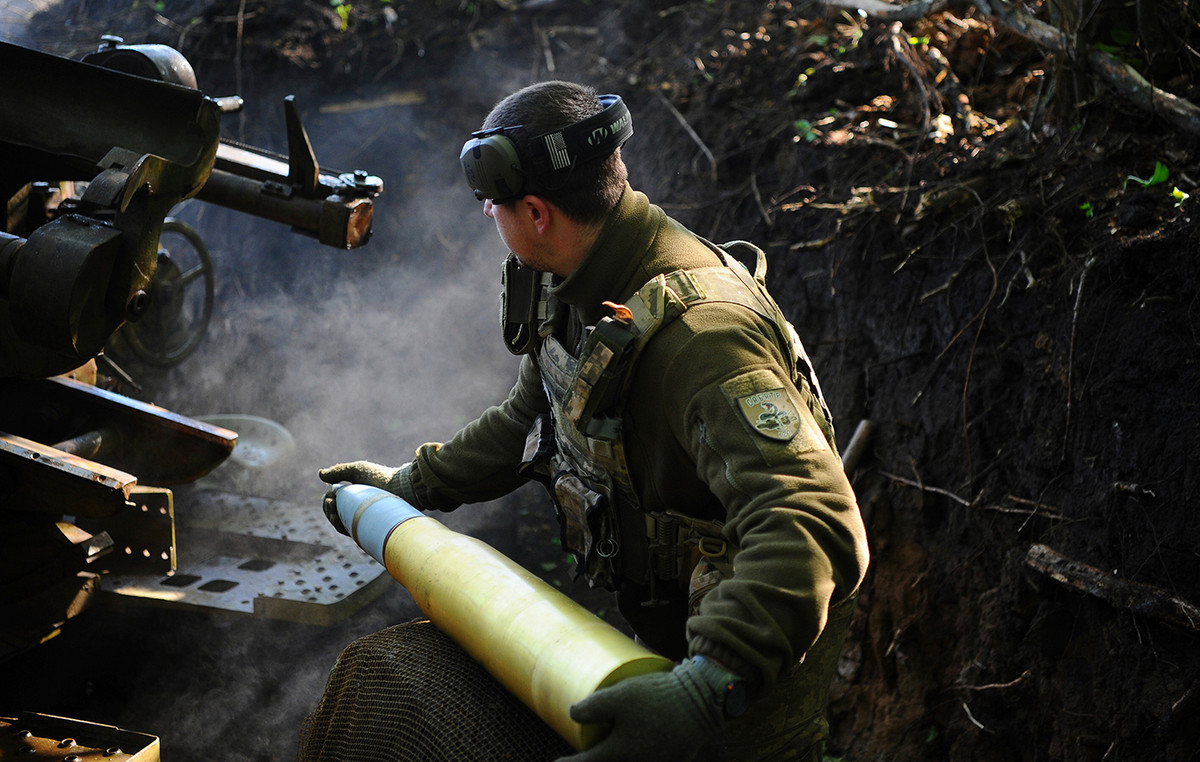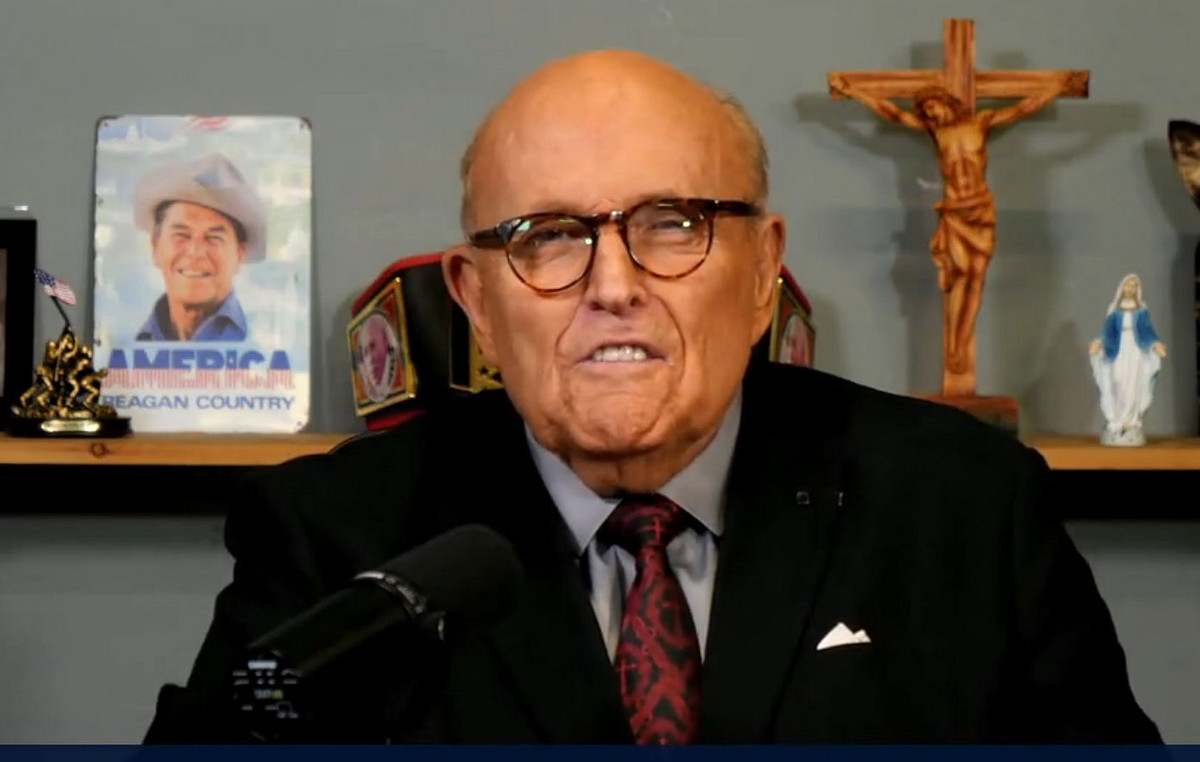The war in Ukraine has provoked a realignment of the political forces that support the government of Brazilian President Jair Bolsonaro (PL). The conflict brought Itamaraty closer to the Ministry of Agriculture and put them in opposition to the military and what was left in this government of the so-called ideological wing.
Chancellor Carlos França and Minister Tereza Cristina, according to government sources, have talked practically every day about the conflict. This Wednesday (1st), for example, they even held a meeting not recorded on the agenda to address the matter. The central theme was a strategy to avoid a lack of fertilizers in the country.
The union has support in practically the entire agribusiness sector, which has asked the Brazilian government and diplomacy to balance positions out of fear of a major impact on the Brazilian economy, which has agriculture as its essential axis. Itamaraty has responded accordingly: in all the conversations it has made it clear that it is clearly sensitive to the demands of agriculture, especially regarding the possible difficulty in supplying fertilizers and other inputs from conflict areas.
One of the interfaces between the two ministries is Ambassador Alexandre Ghisleni, director of the Agribusiness Department at Itamaraty. The body was created by the Bolsonaro government to replace the former Department of Commodities precisely to meet the international demands of agribusiness.
The movement is supported by ruralists in Congress, who have also avoided tougher positions against Russia. In a note released this Wednesday by the president of the Foreign Relations Commission, Senator Katia Abreu, former president of the National Confederation of Agriculture, defended diplomatic efforts to end the conflict, but recalled that “in the case of Brazil, the effects of war should affect the exchange rate, fuel, food and the entire agribusiness chain”.
The president of the Agricultural Parliamentary Front, Sergio Souza, follows the same line: “war can bring serious economic problems. When an embargo is made, a country cannot buy and if it cannot buy what are the consequences? Belarus has been embargoed, this has consequences for us. Iran has been embargoed and is a big market for us. If it happens to Russia, what will happen, since most of the fertilizer comes from there? It ends up generating scarcity, making the input and the final product more expensive for the consumer,” he said. At the UN, Brazilian ambassador Ronaldo Costa Filho took a stand against sanctions against Russia.
Both the Senate Foreign Relations Committee and the Parliamentary Agriculture Front were instrumental in the movement that led to the replacement of former Chancellor Ernesto Araújo by Carlos França.
Araújo and his allies, remnants of the so-called ideological wing of the government, have criticized the stance of France and Brazilian diplomacy in the Ukraine war and promoted an unusual alliance with the military, a wing with which they clashed during the first half of the government.
The ideological wing considers that the Itamaraty, in practice, adopted a pro-Russian position. But, according to members of this group, it shows that this is more a position of Bolsonaro than of Brazilian diplomacy.
They believe that the Itamaraty’s position has always been neutral. They give as an example the votes of Brazil over eastern Ukraine and Crimea at the time of the Dilma Rousseff and Michel Temer governments. They also point out that the UN ambassador would not be comfortable with the positions expressed at the UN. Ronaldo is a graduate of the Ernesto Araújo administration, having been appointed even before the Brazilian ambassador to Washington, Nestor Foster, very close to Araújo and who, according to government sources, would also be uncomfortable with the line adopted.
They also say that the Itamaraty would not have accepted the fact that Ukraine had sent the vice chancellor and other government officials on a visit with the special advisor to the Presidency of the Republic, Filipe Martins, without having met with the top of the Itamaraty. Martins was Ernesto’s arm within the Planalto, but he lost influence with the replacement of the command of the Brazilian chancellery.
On the military side, according to sources in the area, the premise is that Russia’s action broke basic principles of the international system, leaving open the military solution to pressure weaker countries. The main concern is with the Amazon. There is a reading that if Russia conquers Ukraine, the doors will be open for China to annex Taiwan and the Amazon, an area considered by the Armed Forces as essential for national defense and sovereignty, to be vulnerable.
There are still other factors. Defense Minister Braga Netto, for example, was an Army attaché in the United States and Poland, which would have influenced his more anti-Soviet view of the world. The same with the Minister of the Institutional Security Cabinet, General Augusto Heleno, who began to act in the government while still in the military regime, aligned with the Americans.
The Armed Forces are also uncomfortable with a transaction made during the Lula government with the Russians: the purchase of 12 Mi-35M attack helicopters. A senior military source told CNN that the aircraft presented great maintenance difficulties, so much so that the Brazilian Air Force will deactivate them. The United States is still the main country with which the Forces have exchanges.
Source: CNN Brasil
I’m James Harper, a highly experienced and accomplished news writer for World Stock Market. I have been writing in the Politics section of the website for over five years, providing readers with up-to-date and insightful information about current events in politics. My work is widely read and respected by many industry professionals as well as laymen.


